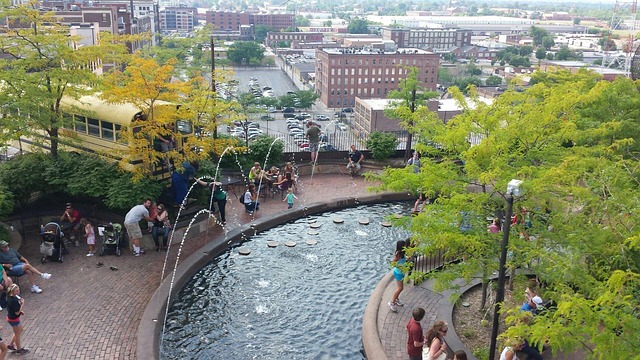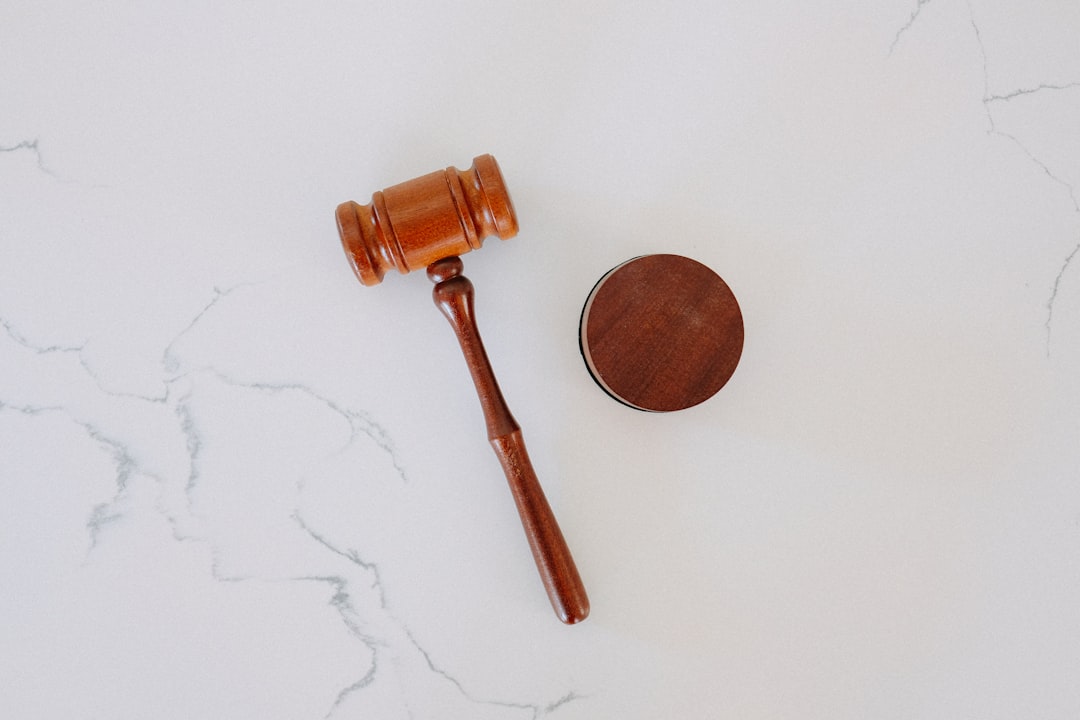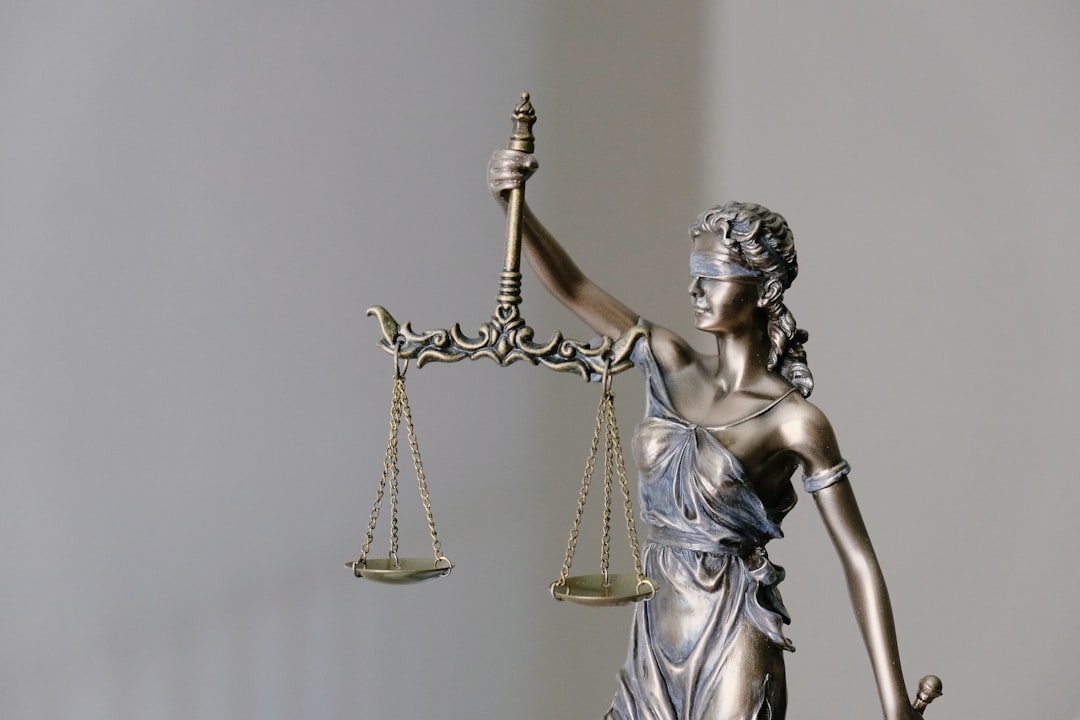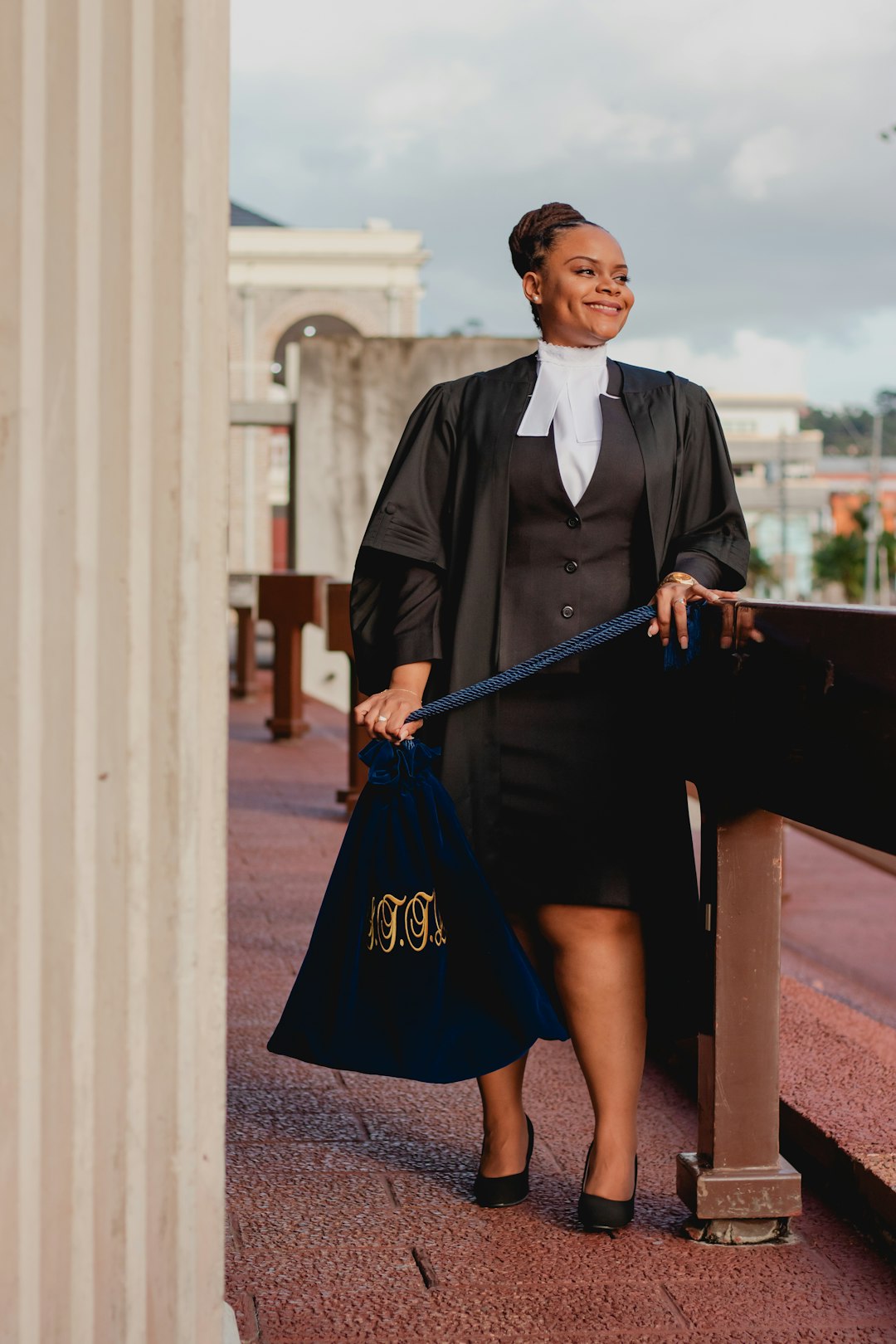Sexual assault support groups in St. Louis, Missouri, offer safe spaces for survivors to heal and connect with understanding peers, facilitated by organizations and often attended by sexual assault attorneys. These groups provide a supportive environment for sharing experiences, processing emotions, learning coping strategies, and overcoming feelings of isolation and shame. Local community resources, including counseling, medical referrals, and legal advocacy from sexual assault attorneys, empower survivors to navigate justice while prioritizing emotional recovery.
In the aftermath of sexual assault, finding solace and support is pivotal for healing. St. Louis offers a network of specialized groups dedicated to providing safe spaces for survivors to share their experiences, gain strength, and navigate recovery. This article explores Sexual Assault Support Groups in St. Louis, highlighting their role in empowering individuals, dispelling myths, and offering essential resources—including guidance from sexual assault attorneys St. Louis MO—to ensure survivors find the help they need.
Understanding Sexual Assault Support Groups: A Safe Space for Healing in St. Louis
In the aftermath of sexual assault, finding a safe and supportive environment for healing is paramount. This is where Sexual Assault Support Groups in St. Louis step in as a beacon of hope and recovery. These groups offer a unique and secure setting where survivors can connect with others who have experienced similar traumas, fostering a sense of community and understanding. The presence of sexual assault attorneys in St. Louis MO further underscores the importance of these groups by ensuring legal advocacy alongside emotional support.
In St. Louis, various organizations facilitate such support groups, providing platforms for sharing experiences, processing emotions, and gaining valuable coping strategies. Through regular meetings, survivors can break free from feelings of isolation and shame often associated with sexual assault. This collective space encourages open dialogue, promotes self-care practices, and empowers individuals to take control of their healing journey. It’s a testament to the power of community in overcoming adversity.
Who Can Benefit from These Groups? Breaking Down Barriers and Misconceptions
Sexual assault support groups offer a safe and supportive environment for individuals who have experienced trauma. Anyone who has been affected by sexual violence, including survivors, their family members, and friends, can benefit from these groups. Breaking down barriers and misconceptions is crucial; many people hesitate to seek help due to shame, guilt, or fear of judgment. However, these groups foster an atmosphere of understanding and empathy where individuals can share their experiences, express emotions, and begin the healing process.
In St. Louis, Missouri, survivors can find specialized support through various organizations, including those with dedicated sexual assault attorneys who also offer advocacy and legal assistance. These professionals work to empower survivors, ensuring they have the resources and knowledge to navigate the justice system while prioritizing their emotional well-being. By combining legal aid and therapeutic support, these groups play a vital role in helping individuals rebuild their lives after traumatic experiences.
Finding and Navigating Support: Resources, Legal Aid, and Next Steps for Survivors in St. Louis MO
In St. Louis, Missouri, survivors of sexual assault can find a range of support through various organizations and resources. One crucial step is to connect with reputable sexual assault attorneys who can provide legal guidance, protect rights, and offer advocacy. These professionals are well-versed in the complexities of sexual assault cases and can help navigate the legal system effectively.
Beyond legal aid, numerous non-profit organizations dedicated to supporting survivors operate within the city. They offer safe spaces for sharing experiences, emotional support through counseling services, and practical assistance like medical care referrals and advocacy for accommodations. Local community centers, hospitals, and government agencies also provide resources and information on next steps after a sexual assault, ensuring survivors are empowered with knowledge about their options and rights.






